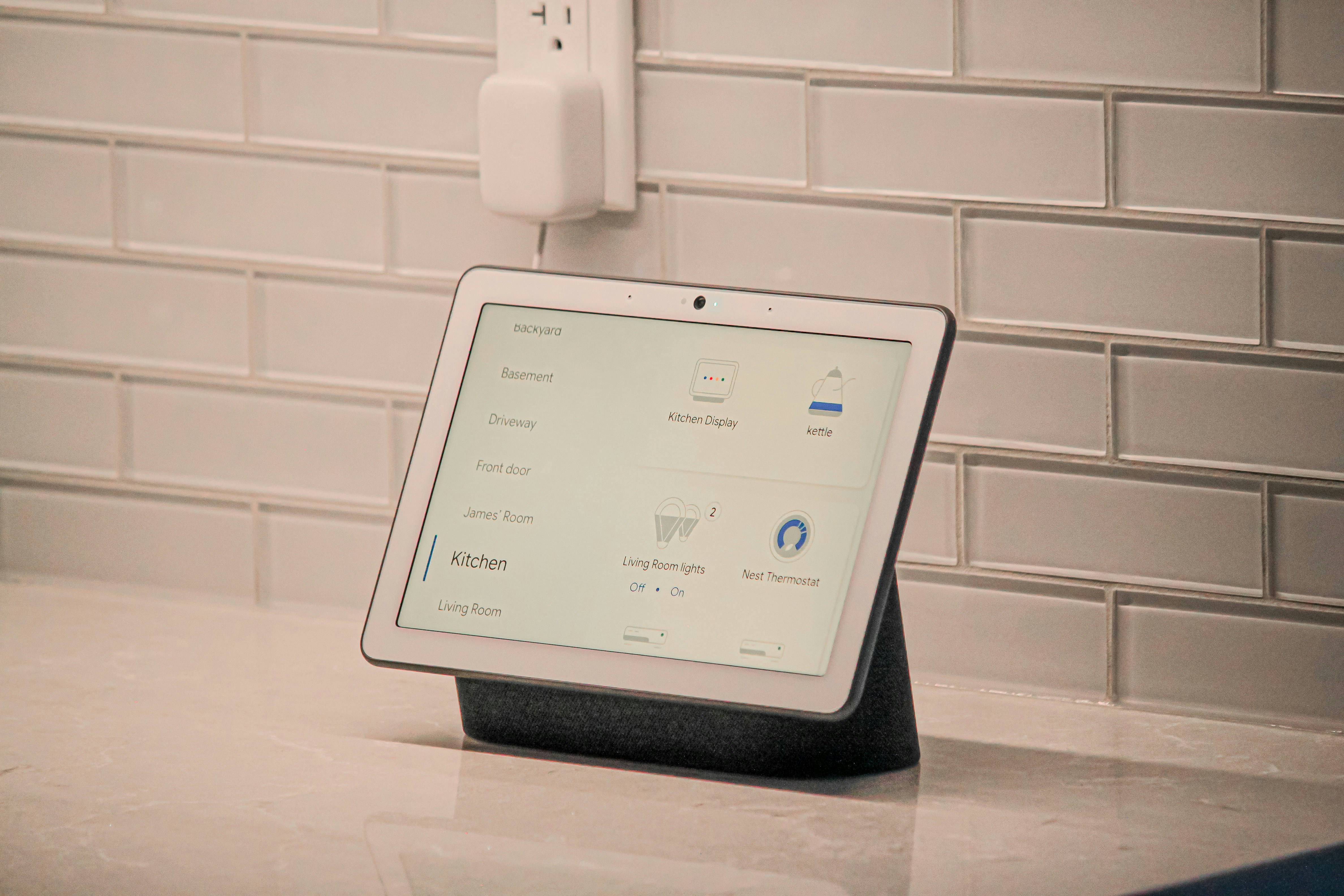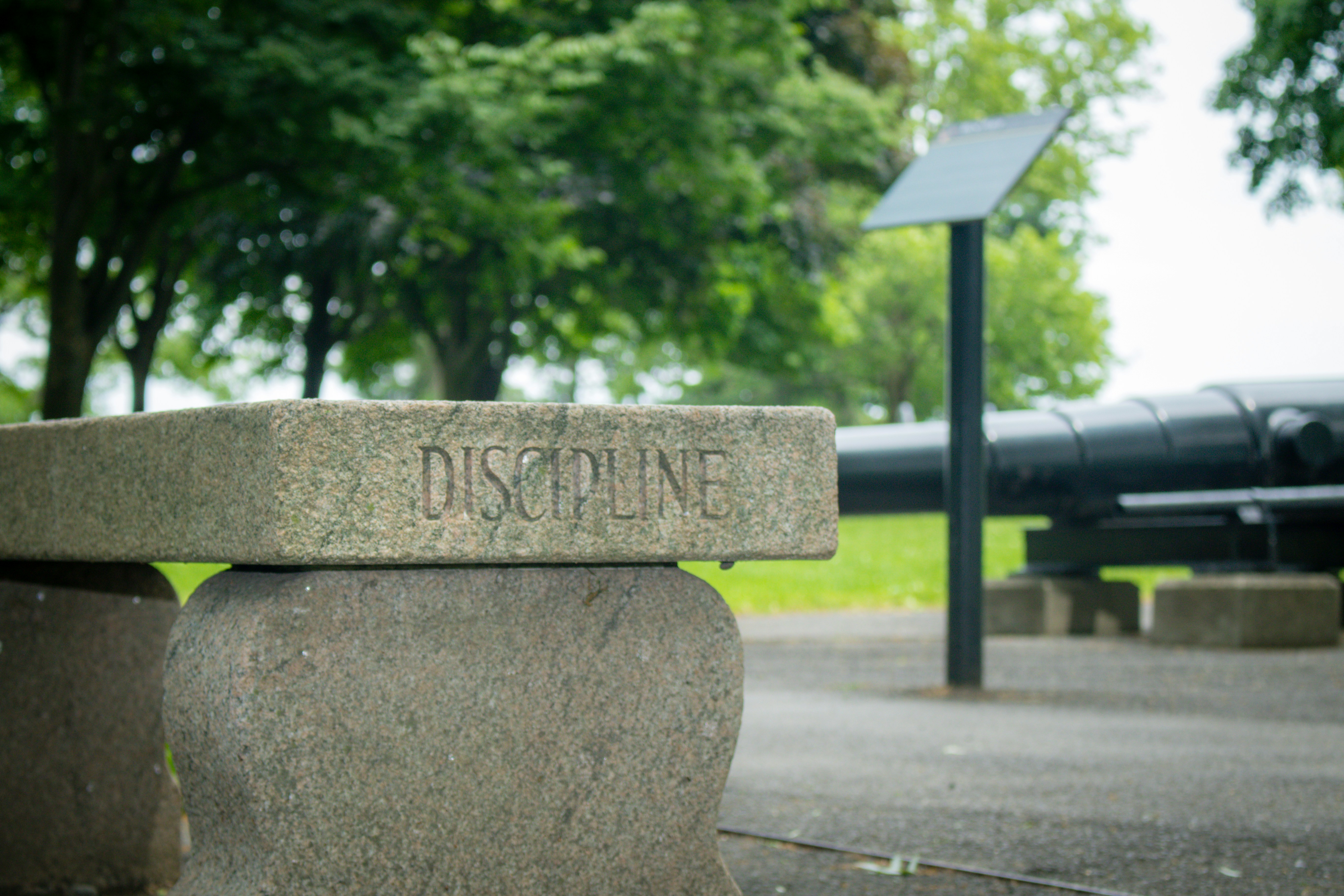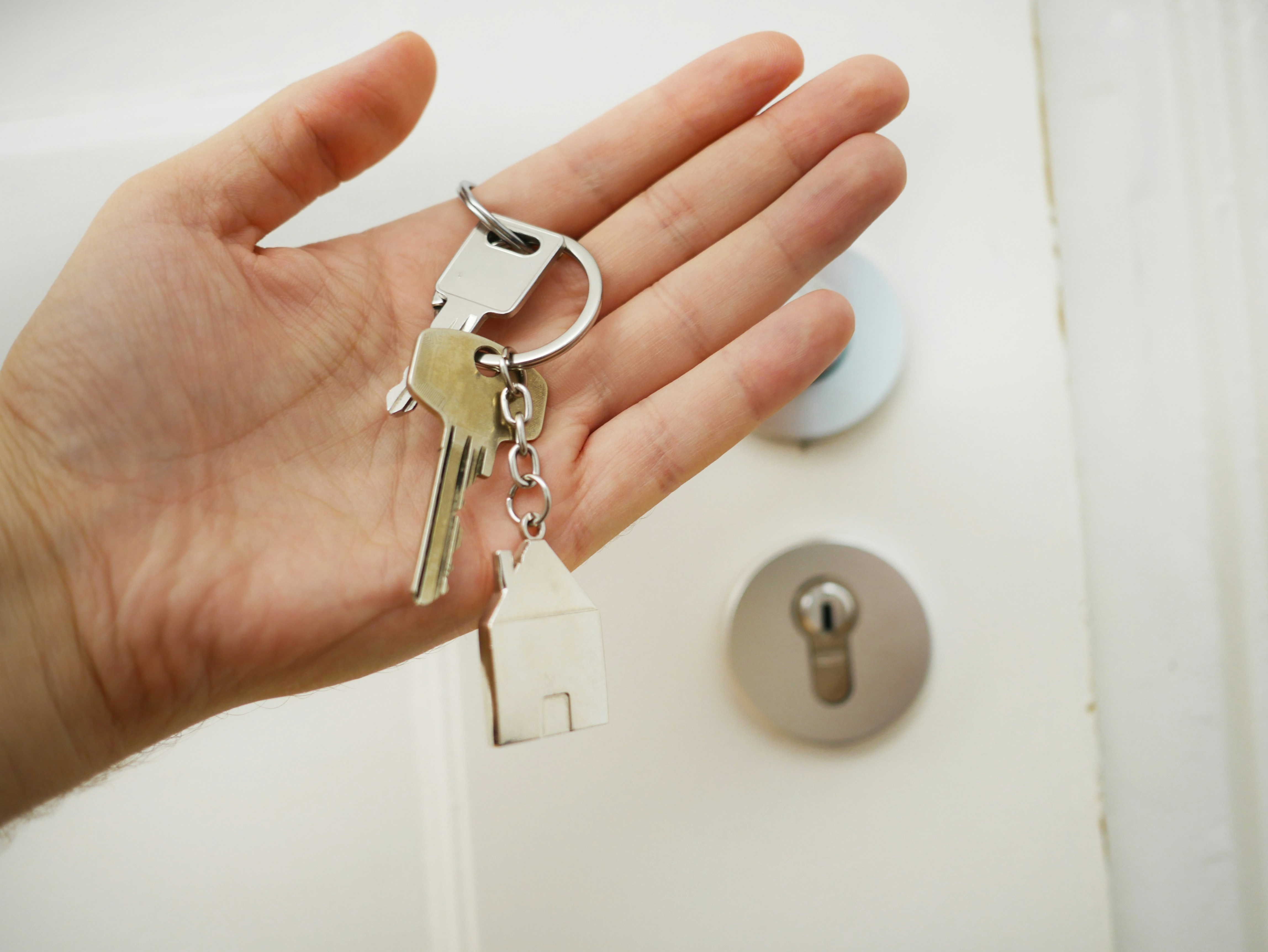Proptech Tools That Help Small Operators Run Smarter

Running a small property management business in 2025 is increasingly complex. Small operators face the challenge of balancing operational efficiency with tenant satisfaction while maximizing revenue. The good news is that property technology, or proptech, is transforming the way small operators manage their portfolios. These tools streamline operations, reduce administrative burden, and provide insights that were once only available to large firms.
In this blog, we explore the key proptech tools that help small operators run smarter, improve efficiency, and increase net operating income.
Digital Leasing and E-Signature Platforms
One of the most time-consuming tasks for small operators is handling leases and rental agreements. Traditional paper-based processes can be slow and prone to errors. Digital leasing platforms and e-signature tools have changed this landscape.
With digital leasing platforms, operators can create, distribute, and manage lease agreements electronically. Tenants can sign documents online, submit required identification, and complete the leasing process from any device. E-signature platforms reduce turnaround time and eliminate the need for physical storage of documents.
For small operators, the benefits are clear. Digital leasing tools speed up lease execution, reduce administrative errors, and allow staff to focus on higher-value tasks. By streamlining lease management, operators can enhance the tenant experience and accelerate revenue collection.
Property Management Software
Managing multiple units, tenants, and vendors manually can create bottlenecks. Property management software consolidates these tasks into a single platform. Small operators can track rent payments, schedule maintenance, generate financial reports, and communicate with tenants in one centralized system.
Modern property management tools also include features for accounting, budgeting, and reporting. Operators can monitor occupancy rates, track revenue per unit, and identify areas for cost reduction. By automating repetitive tasks, property management software allows small operators to run their business more efficiently and focus on growth initiatives.
Smart Maintenance and IoT Integration
Maintenance is one of the largest operational costs for small property operators. Reactive maintenance strategies are expensive and can lead to tenant dissatisfaction. Proptech solutions, including smart maintenance platforms and Internet of Things (IoT) devices, allow operators to proactively manage property systems.
IoT sensors can monitor critical equipment such as HVAC systems, water heaters, and security systems. These devices provide real-time data and alert operators to potential failures before they become costly emergencies. Maintenance platforms enable automated work orders, scheduling, and vendor management.
By implementing smart maintenance tools, small operators reduce operational costs, extend the lifespan of critical equipment, and improve tenant satisfaction. Preventative maintenance is no longer a luxury but a necessity for operators who want to maximize net operating income.
Data Analytics and Business Intelligence
Data-driven decision making is crucial for small operators who want to stay competitive. Proptech analytics platforms provide insights into occupancy trends, rental income, expense ratios, and tenant behavior. These insights allow operators to make informed decisions about pricing, budgeting, and property improvements.
Analytics dashboards consolidate key performance metrics into easy-to-read formats. Operators can track occupancy rates, analyze rent growth, and identify underperforming assets. By leveraging data, small operators can optimize revenue, reduce unnecessary expenses, and forecast future performance accurately.
Data-driven strategies also support marketing and leasing efforts. Operators can identify the most effective channels for tenant acquisition and retention. Predictive analytics can anticipate vacancies and suggest pricing adjustments, keeping properties competitive in the market.
CRM and Tenant Communication Tools
Tenant communication is a critical component of property management. Poor communication can lead to high turnover and negative reviews, impacting revenue. Customer relationship management (CRM) tools and tenant communication platforms help operators maintain strong relationships with residents.
CRM tools automate reminders for lease renewals, maintenance updates, and payment notifications. Operators can segment tenants by behavior, rental history, or preferences, allowing for personalized communication. Messaging platforms integrated with CRM systems ensure timely updates and facilitate faster responses to tenant inquiries.
Improving tenant communication leads to higher retention rates, more referrals, and increased satisfaction. For small operators, this directly contributes to stable cash flow and higher net operating income.
Financial Management and Accounting Automation
Effective financial management is critical for small property operators. Manual accounting and bookkeeping can be time-consuming and prone to errors. Proptech solutions offer accounting automation that integrates with property management platforms.
Automated accounting tools track rent payments, generate invoices, reconcile bank transactions, and produce financial reports. Operators can quickly assess profitability, monitor expenses, and identify cost-saving opportunities. Integration with other systems ensures accurate and real-time financial data.
By leveraging accounting automation, small operators can reduce administrative workload, minimize errors, and make informed financial decisions. This allows them to allocate resources more strategically and focus on growth initiatives.
Marketing and Lead Generation Tools
Attracting and retaining tenants is essential for maximizing revenue. Proptech marketing tools help small operators generate leads, promote properties, and convert inquiries into leases. Digital marketing platforms allow operators to list properties on multiple channels, track engagement, and measure the success of campaigns.
Lead management tools capture inquiries, automate follow-up emails, and nurture prospects through the leasing process. Operators can also analyze marketing data to determine which campaigns yield the highest return on investment.
By using proptech marketing solutions, small operators can increase occupancy rates, reduce vacancy periods, and optimize marketing budgets. These tools enable operators to compete effectively with larger firms without increasing overhead costs.
Conclusion
Proptech is no longer reserved for large operators. Small property management businesses can leverage technology to improve efficiency, enhance tenant experiences, and maximize net operating income. From digital leasing and property management software to smart maintenance, data analytics, and tenant communication tools, each proptech solution provides measurable benefits.
The key to success is integrating these tools into a cohesive workflow. Small operators who embrace proptech can reduce administrative burden, make data-driven decisions, and focus on growing their business. In a competitive market, adopting smart technology is not just a strategic advantage but a necessity.
By running smarter with proptech, small operators can optimize operations, increase revenue, and maintain high-quality properties that attract and retain tenants. Technology empowers operators to focus on what matters most: growing their portfolio, improving tenant satisfaction, and maximizing net operating income.


